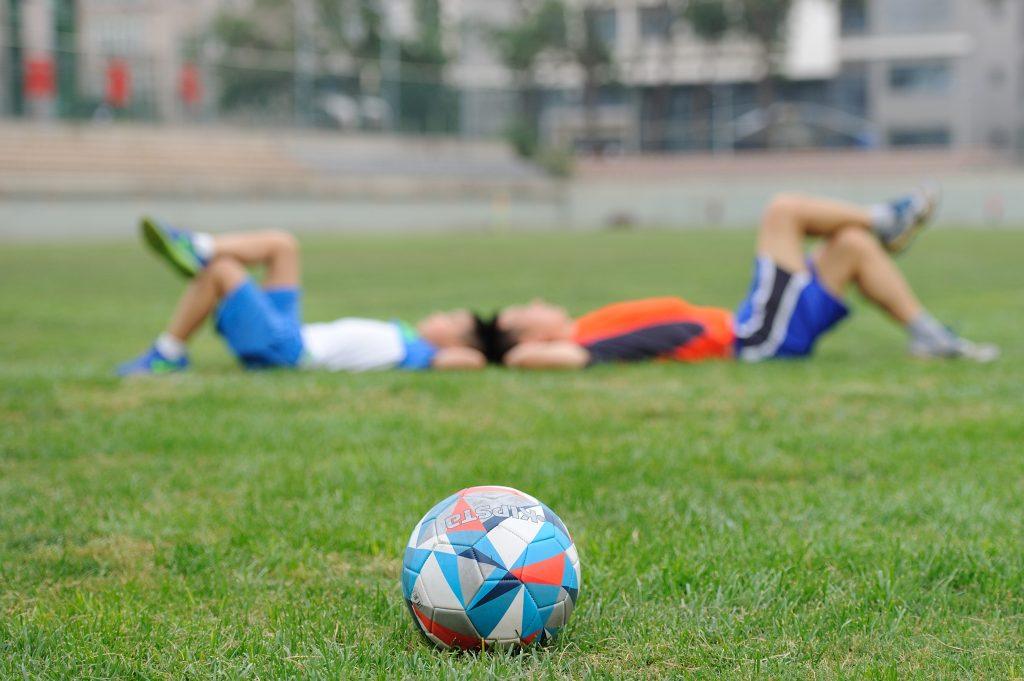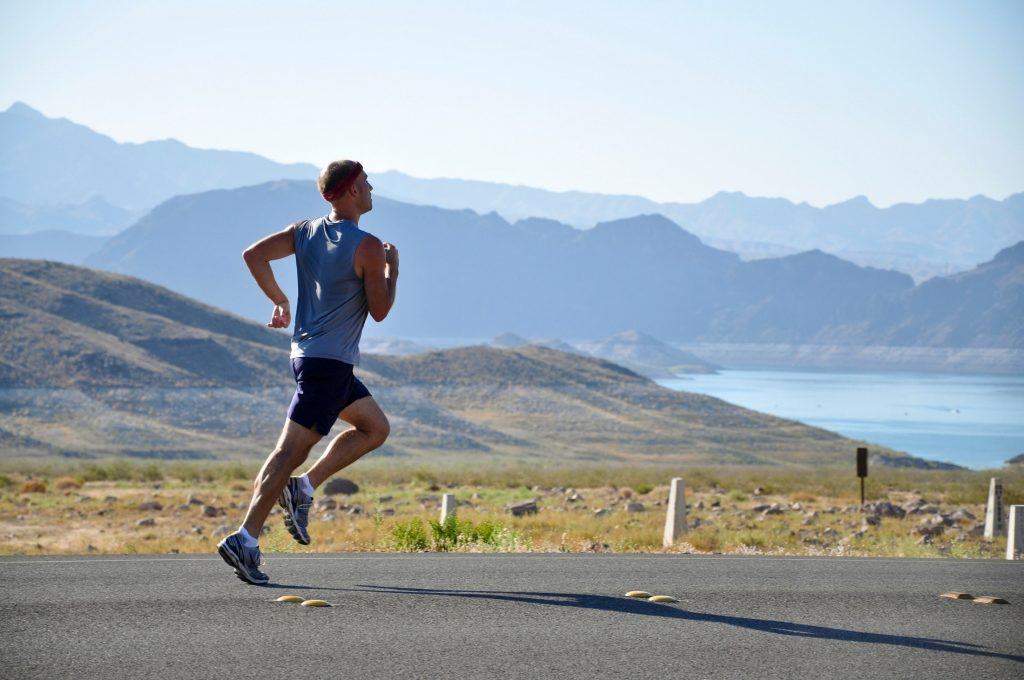Encouraging a teenager back to exercise after an illness or injury can seem daunting but this really helpful guest post from Ollie from The Sporting Blog has some great ideas and suggestions to help and it can be done. Our teenager has struggled with this after being very unwell over the past year and losing some of her fitness ability.
Before we get into the topic, it’s worth pointing out that the title does what it says on the tin. These are suggestions, not the golden answers as everyone is different, and some people respond to encouragement in different ways and at different paces.
As a teenager, I was very active and played almost every sport, and had led a largely injury free existence until I was about 15 and I picked up a serious groin injury whilst attempting a wondergoal in a game of indoor football.

This put me out for some time, but it also coincided with me picking up a case of glandular fever. Possibly but not definitely from trying get familiar with the girls in my class at the time.
The injury was tangible. It hurt, I couldn’t walk, and the swelling and bruising was as plain as day. So this was in some ways a fairly simple thing to deal with. For a while I wouldn’t be able to play any games, or do much exercise at all. Straightforward.
When the leg started to feel better though, was when I felt the frustration of the Glandular fever set in. I was tired but not all the time. I had a dodgy throat but still woke up and felt OK most of the time. But the doctor said to rest, and for a 15-year-old kid that’s like a prison sentence, especially pre-smartphone and anything decent on daytime TV.
With the frustration came boredom, but also a very strange feeling of adaptation. Which the human body and mind is so good at. I started to adapt to my new sedentary lifestyle.
The fear of missing out started to disappear and I got more insular and unfussed about returning to action on the pitch or the court. I started to embrace the fact I had less energy and I guess my mind was doing its job in that regard.
However, after a while I started to feel better, but I didn’t particularly feel like returning to normal. I had not hit or kicked a ball for over a month, and I didn’t want to join in a team mid-season having played no part in it up until that point. I felt like an outsider who had missed a lot and so wasn’t in any rush to return.
How then was I encouraged to return, and what could you do for your daughter, son or friend in this situation?
Every piece of work leads to something bigger
I was told this by one of my tennis coaches. Although I had missed matches and the team was playing well, there was nothing to stop me practicing again. Start small, work on something you feel would benefit your game or body in some way and just give it a go. If you are worried about disrupting a team or a group, start on your own with the aim that lots of blocks of small work add up to a whole.
Start the work, enjoy being active again and soon enough you will be asked, or want to integrate yourself once more. This goes for gym partners, swimming pals, running in groups etc.
Time will not wait, and it goes fast
Some people need a sympathetic ear, and the hormones and mixed emotions of a teenager can be extremely challenging. But one thing to remind them is that whatever place they are in, it deosn’t last and before you know it the next thing is just around the corner. With sport and exercise it is even faster than you think. Don’t miss the chance to do things for your body whilst you are young. Embrace it, make it a challenge to be better each day, even if it is just a little bit at a time.

Be a supportive partner or parent
If someone feels alone, its most likely because they are daunted by the idea of returning to something that might lead to feelings of failure. More often than not, doing something with someone else is the best medicine. Just like climbing a tree with a friend, your fear disappears a little bit and seeing someone else achieve something can be a great tonic. I know myself that after months away from the gym, going with someone else gives me the boost I need.
These are three suggestions, but I think the overall message should be one of sympathy with encouragement. By taking things slowly but with purpose, a human being, no matter what age, can achieve so much. By being there for your children or friends, you can help them do that.
Oli Harris is a slave to a 4-year-old human and a 4-year-old dog. He enjoys writing about his life experiences alongside publishing his sports blog and podcast, whilst working full time in professional sport.
Great tips on what can be difficult #parentpower@_karendennis
It’s not easy but breaking things down into small victories really can work!
Thanks for letting me help contribute, I hope that some people get value out of it.
I think it might be the same after pregnancy or a long injury layoff for adults as well – the task/end goal might seem enormous but bit by bit you get there. Just hard to enjoy the small wins at first.
What a great post! People are so complex. Good advice. Esp the doing it with a friend part. #ParentPower
Great post! I’ve found that by joining in the the activity as a parent or partner really helps 🙂
I hated exercise when I was younger but enjoy it much more now. I think schools put too much pressure on competition so many kids don’t enjoy PE whereas individual challenges would be more successful. #parentpower
Really great phrases to use with teenagers. Instead of telling them what to do, which they don’t like it will plant the seeds of motivation. #ParentPower
I love your posts, keep writing more often!